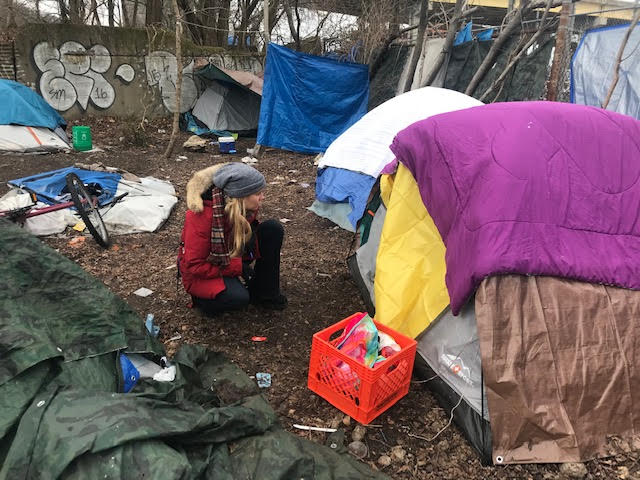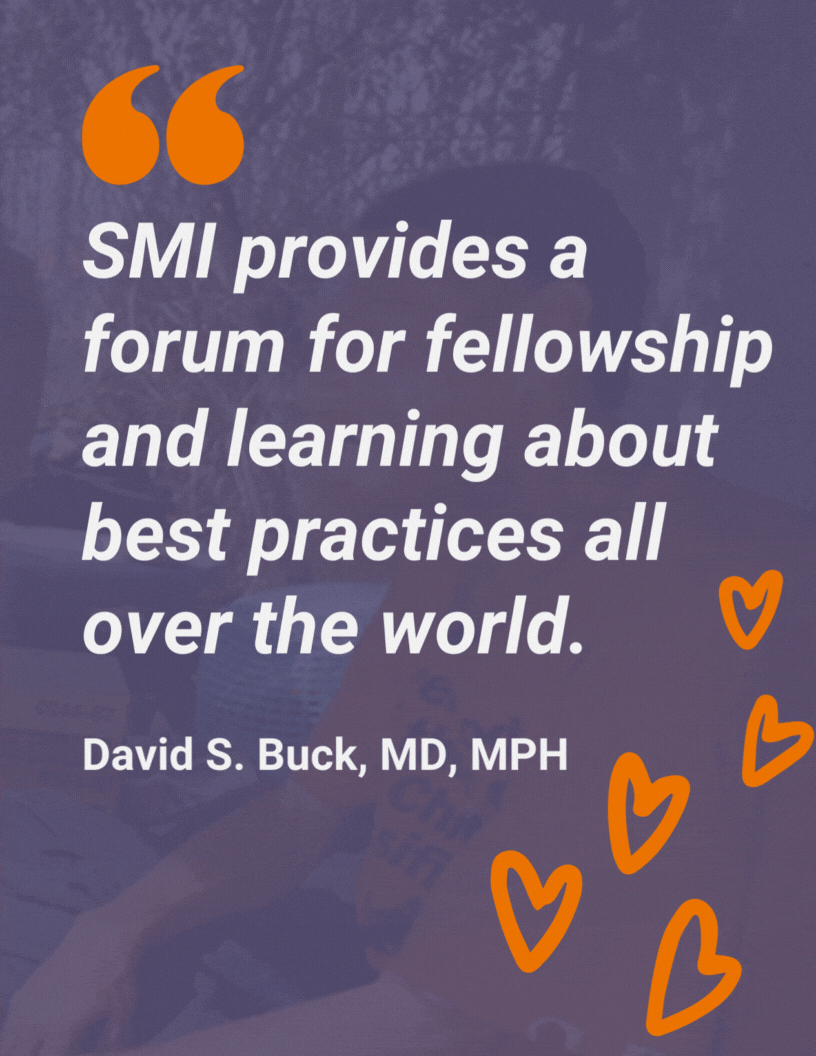 Out in the water - someone is flailing as they struggle to keep their head above the surface. They look exhausted. A bystander dives into the waves to help them swim back to the shore. Later, the bystander gets asked about their actions...
Out in the water - someone is flailing as they struggle to keep their head above the surface. They look exhausted. A bystander dives into the waves to help them swim back to the shore. Later, the bystander gets asked about their actions...
"Why did you jump in to help them?"
"What if you helped them but they just go right back into the water?"
"Do you have some kind of history with water?"
"Did you almost drown once? Or did someone you cared about drown?"
"If that person didn't know how to swim, maybe they shouldn't have been in the water-maybe they didn't deserve help?"
Most people would render this line of questions and comments as absurd. Yet, this is what I heard ad nauseum when I would tell people I was prolonging my training after residency to do a fellowship in Street Medicine. I still hear this when I tell people I do Street Medicine.
When one person sees another who is suffering or struggling to survive, there is a deep and evolved instinct to feel empathy and, if the circumstances allow, to help them. Studies have demonstrated that even infants will be distraught when shown images of people suffering. Without our innate compassion and intellect, humans would not have survived. We did and do need each other. Yet, it is the narratives we've built around people experiencing houselessness that forgives us for compartmentalizing or disassociating from our basic instinct to acknowledge, sympathize and help
How might we behave differently if we considered any individual’s suffering as unacceptable, regardless of what led them into that circumstance? How might our society look different? As a Street Medicine practitioner, I work towards the day when it will not be seen as an ‘interesting choice’ to help those who are suffering on the street but instead be seen as a natural duty we embrace collectively as human beings.
Denise Kohl, DO, is an Clinical Faculty and Assistant Professor in Family Medicine at the Medical College of Wisconsin in Milwaukee, WI. She has worked in street medicine since 2015 and was the world's first post residency fellowship trained street medicine provider which was completed in Pittsburgh, 2019 under Dr Jim Withers. She is also a founding member and lead of the International Street Medicine Institute Educator Coalition and the Chair of the Street Medicine Institute Membership committee. She continues to be active working on the streets of Milwaukee with residents and medical students.


